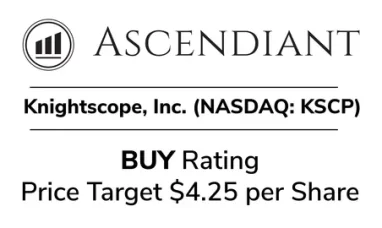Verizon (NYSE:VZ) has caught the attention of value investors due to its historically low stock price, anticipated reductions in capital expenditures, and steadily rising dividend. However, despite the potential easing of near-term headwinds, I remain cautious about Verizon stock long-term prospects for capital appreciation. While our models suggest a modest upside of 20%, equivalent to a fair value of around $40 per share, I believe this margin of safety may not be sufficient.
Verizon is a leading telecommunications company that operates in the United States. With a strong presence in the wireless communications industry, Verizon offers a wide range of services, including wireless voice and data, broadband internet, and television. The company is known for its extensive network coverage and reliable connectivity, providing customers with seamless communication solutions. As one of the largest wireless carriers in the country, Verizon continues to innovate and invest in new technologies to meet the evolving needs of its customers. With its commitment to quality service and technological advancements, Verizon plays a crucial role in connecting people and businesses across the nation.
Buffett’s Concerns about Capital-Intensive Companies
Capital-intensive companies, such as Verizon, have drawn criticism from Warren Buffett, who argues that they tend to underperform during periods of high inflation. This has been evident in Verizon’s stock performance, which has languished during periods of increased capital investment, coinciding with higher inflation rates.
Looking Ahead
While much of the negative sentiment may already be priced into Verizon’s stock, the company could benefit from a reversal of hawkish Federal Reserve policy, considering its bond-like characteristics. Additionally, Verizon has stated its intention to reduce capital expenditures in the coming years, with estimated figures of $18.25 to $19.25 billion for FY 2023 and $17 billion for 2024.
Debt Concerns
Although debt is not an immediate threat, Verizon’s substantial increase in debt over recent years raises some concerns. While the company’s consistently strong operating income comfortably covers interest expenses, responsible management should prioritize debt reduction as capital expenditures decrease. A prudent approach would involve allocating a portion of free cash flow to pay down debt, which would limit available funds for equity holders.
Verizon Stock Valuation
Critiquing Verizon is relatively easy, but the market may have oversold the stock. Based on historical performance and management’s projected capital expenditures, assuming similar cash flow from operations, Verizon could generate approximately $18 billion in free cash flow in 2023 and $21 billion in 2024. Considering Verizon’s market capitalization of $140 billion, these figures represent attractive yields of around 13% and 15%, respectively.
Risks
High Debt Load: Verizon’s significant long-term debt of $150 billion could become problematic if interest rates remain high. In such a scenario, management may need to consider cutting dividends to prioritize debt reduction.
Mature Low-Growth Business: The lack of growth in Verizon’s core business may present challenges, especially as interest rates rise and leverage increases. Sustaining increasing dividend payments could become more difficult, potentially leading to value-destroying acquisitions in pursuit of growth.
Competition: While the wireless industry operates as an oligopoly, Verizon faces intense competition from both larger rivals and smaller carriers. In recent years, smaller carriers have gained market share at the expense of the top three US wireless carriers, including Verizon.
Conclusion
Although Verizon may be suitable for income-oriented investors, its prospects for long-term capital appreciation are questionable. Our conservative models indicate a modest upside potential of 20% at current prices, which may not offer an attractive margin of safety. The company’s high capital expenditures, aggressive leveraging, and continually increasing dividends raise concerns about optimal capital allocation. While short-term improvements, such as projected reductions in capital expenditures and signs of tamed inflation, could benefit Verizon, investors seeking long-term capital appreciation should carefully consider the potential risks involved.
Featured Image: Unsplash @ Leon Bredella
















